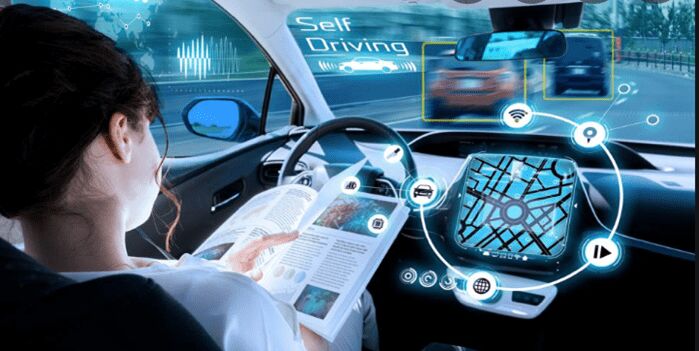
26 Aug How Artificial Intelligence makes cars safer
Advances in technology have led to amazing developments in the automotive industry, including the incorporation of artificial intelligence in cars. There are many benefits to having AI in cars, but one of the most important is increased safety.

Here’s how artificial intelligence is making cars safer
It’s no secret that cars are getting smarter and smarter every year. Although this is largely due to advances in technology and engineering, much of this progress is due to the increasing use of artificial intelligence (AI). In fact, it is estimated that AI will be responsible for reducing automobile accidents by up to 90% by 2030. With the ability to process large amounts of data and identify patterns, AI can help detect potential hazards on the road and warn drivers in advance. AI is helping cars become more aware of their surroundings and make better decisions to avoid accidents. For example, some cars are now equipped with sensors that can detect pedestrians and other objects on the road: in fact, artificial intelligence uses this information to calculate the best path to avoid an accident.
Self driving car example
In addition, AI is also being used to develop self-driving cars. This technology is still in its early stages, but it has the potential to completely revolutionize how we get around: with self-driving cars, we will no longer have to worry about human error causing accidents, as artificial intelligence will see to everything from navigation to avoiding obstacles.
Artificial intelligence is also beginning to appear in the field of fuel economy, which is a major concern for companies and individuals: anything that can be done to improve it is of great interest. Artificial intelligence has the potential to help in this interesting area by reducing emissions and improving efficiency, and it can do so in several ways. For example, it can be used to optimize routes, reduce downtime or improve vehicle efficiency; it can also be used to manage traffic flows, thus helping to reduce congestion and improve fuel economy. It is clear that artificial intelligence has enormous potential to help to improve fuel economy.
However, it is important to remember that AI is still in the early stages of development with a great deal of potential applications, many still to be explored or conceived.
We will witness great developments in the field of AI in the automotive sector in the coming decades! This will allow all of us to get into the thick of innovation, making us not mere witnesses but collaborators, those who will first experience and benefit from the many other advantages that artificial intelligence will offer us!




